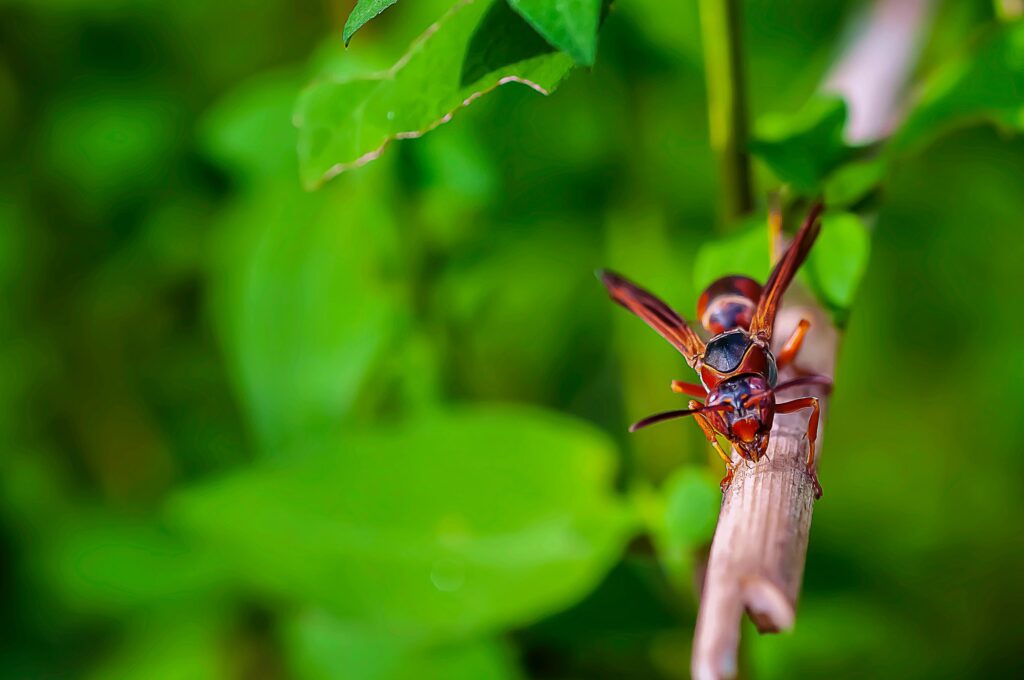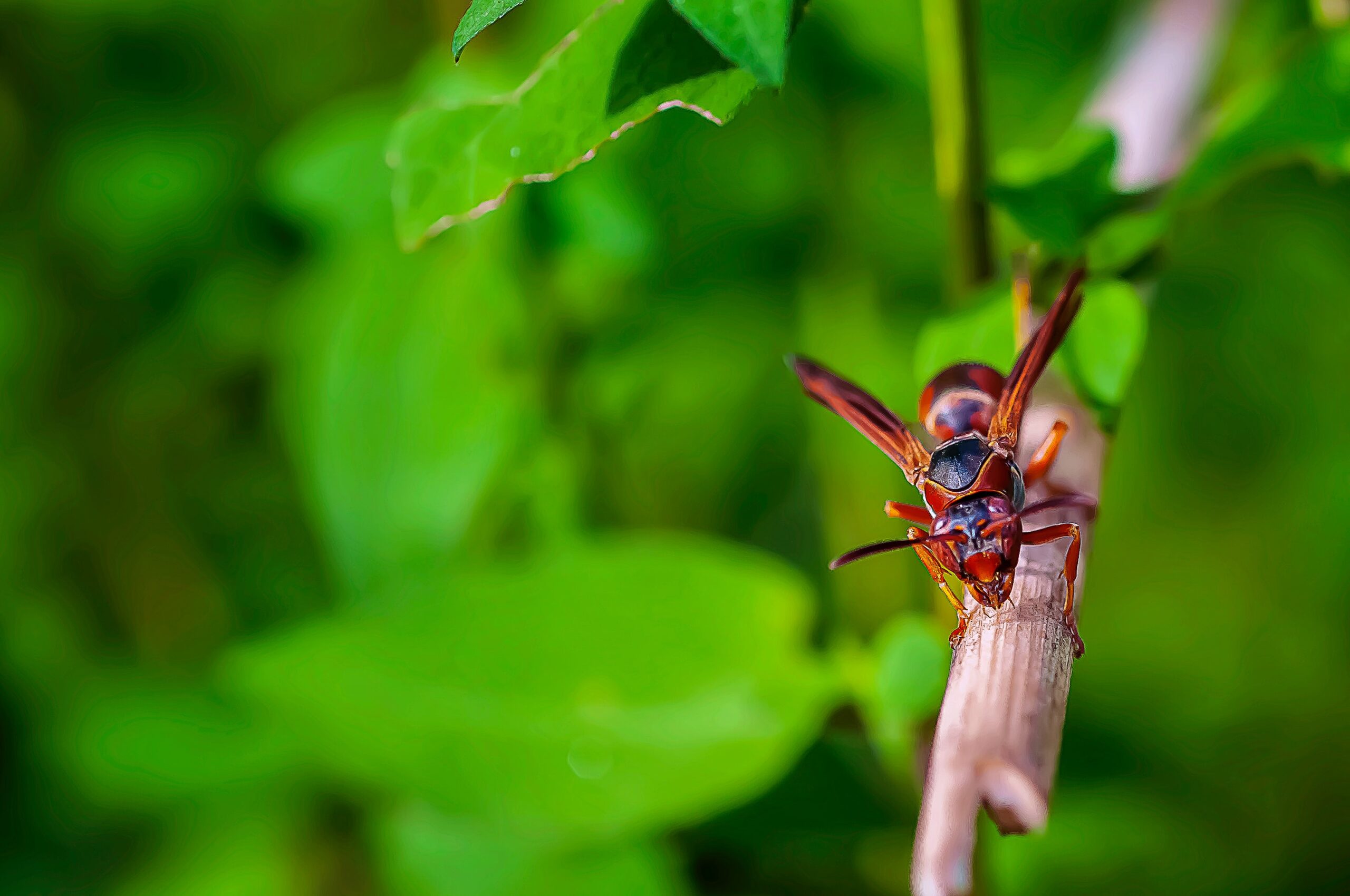Since insects live in the outdoors, there’s nothing you can do to get rid of them completely. But what you can do is take measures to prevent them from entering the tent. In your camping trip to the outdoors such as the desert or forest, you’ll be faced with multiple types of insects including flies, bees, ants, spiders, mosquitoes, scorpions, and more.
Sharing your tent with a bug is definitely not an ideal situation. To keep the insects out, make sure to thoroughly inspect-proof your tent before setting it up. Does it have an opening through which bugs can get inside? If so, patch those up. Keep the zippers moving smoothly. At the campsite, steer clear of places prone to bugs like under trees or near still water. Refrain from eating or drinking inside the tent. Bugs are attracted by the smell, and they’ll join the part for the food crumbs. Be extra careful to store all your food in airtight containers.
Keep trash bags as far as possible from your campsite. After eating meals, clean your utensils properly. Bugs hate fire, so keeping the campfire burning 24/7 is a common technique of keeping them at bay. Last but not the least, never leave your trust insect repellent behind. Pack citronella candles too. Many dedicated campers swear by spraying the entirety of their tent’s exterior with spray, but it’s a rather strong smell.

Here’s a list of items to help stop them from invading your safe space:
- Bug Sprays and Creams
Bug sprays and creams have an ingredient known as DEET. Although they seem to create a strong unpleasant smell and have a possibility for causing skin or eye irritation, they are the most effective ingredient in keeping all sorts of bugs away. - Insect-repelling Diffusers and Coils
Diffusers and coils work up to 12 hours so using them inside the tent will keep you bite-free throughout the night. - Insect-proof Bracelets
Insect-proof bracelets are for the campers who cannot stand the smell of any repellent product. You can either wear it or tie it around an object inside the tent. Since it does not have any strong chemicals they’re great for children. - Homemade Essential Oils
Essential oils are great insect-repellents when they are made correctly. With a combination of 10 or 15 drops of ingredients like eucalyptus, tea tree, sage, mint, rosemary, and more, you can create effective insect-repellent oil. You can then either apply it to your skin or spray them on your clothes. - Vinegar
Spraying white vinegar or apple cider vinegar on your skin or around the tent will keep mosquitoes and other insects away from the tent due to their strong smell. - Garlic Capsules
Although it is a unique form of insect-repellent, taking garlic capsules before your camping trip will ensure the garlic scent to secrete from your pores and keep insects away! - Candles and Campfires
The smoke from the campfire will keep the bugs far away. You can also light citronella candles that create a strong smell, and bugs are not fond of it. - Fragrant-free Hygiene Products
Fragrances are the number one cause for attracting insects therefore a great way of preventing that is by using body care products that are fragrant-free. Opt for natural or unscented toiletries so that you do not draw in the unwanted bugs into your tent. - Tent with Zippers
This is a self-explanatory way of keeping insects out of your tent. You can form an insect-free environment as long as you put up a tent that has zippers to fully seal in its inhabitants. - Screen Room
If you’d still like to experience the cool breeze at night and look up at the starts, opt for a screen room which is a canopy with screened-in walls. That way, you can enjoy the outside view, yet keep the insects and mosquitos away.

